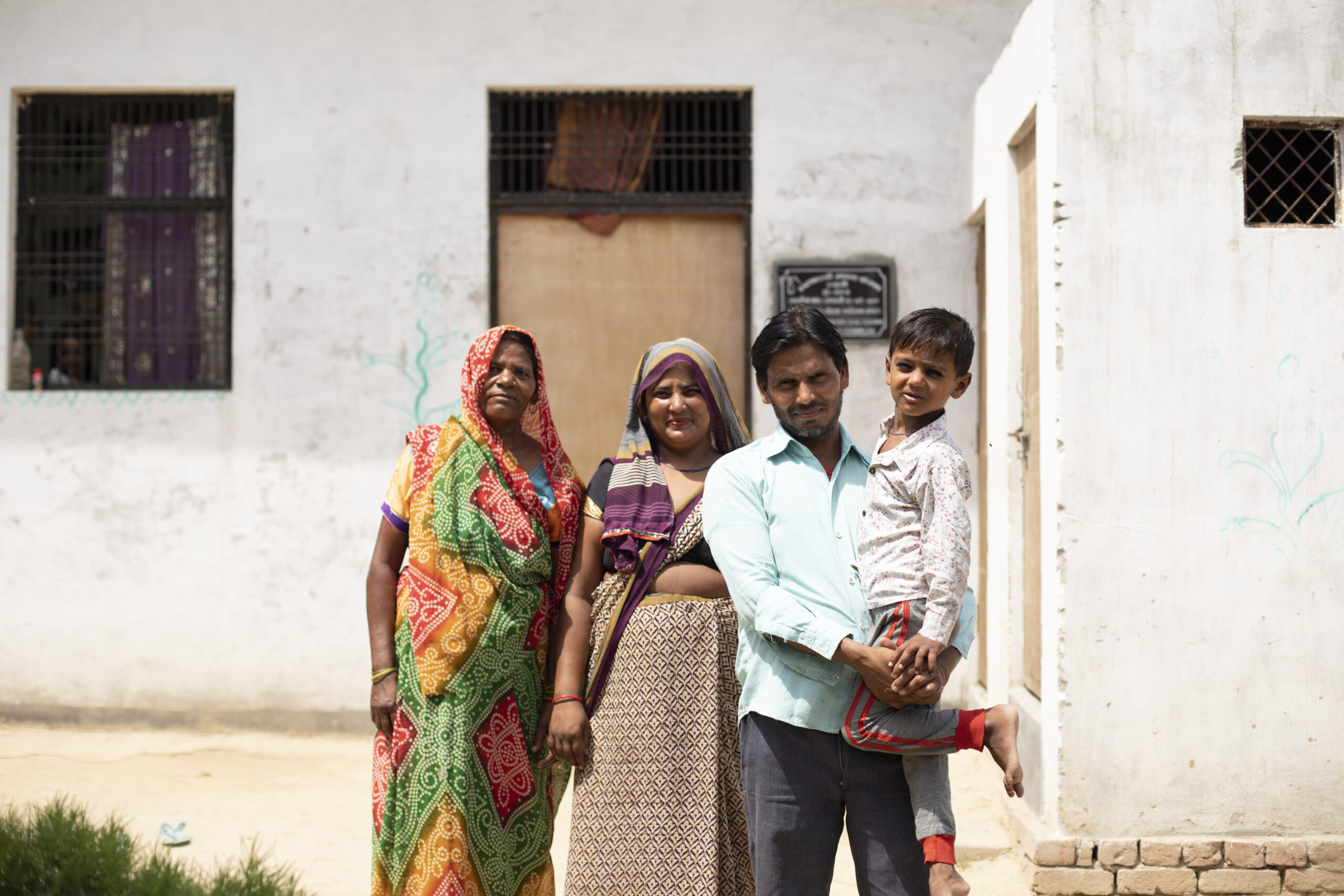As we mark 75 years since the adoption of our Constitution on 26 November, this is an opportune moment to reflect on the implementation of the vision of its framers in the present times. Among the many provisions of our Constitution, the Directive Principles of State Policy (DPSP) hold a unique position. After much deliberation, DPSP was incorporated into Part IV of the Constitution, covering Articles 36-51. The fundamental idea behind their inclusion was to establish India as a welfare state and ensure socio-economic justice for all. Over the last decade, these principles have formed the core of the governance model of the current government.
As India strides forward in its Amrit Kaal, the government has made consistent efforts to uphold the vision of the Constitution.
Since the formation of the PM Narendra Modi-led government in 2014, the nation has witnessed a decade of upholding constitutional values. Promoting these values has been a longstanding commitment of PM Narendra Modi. As Chief Minister of Gujarat, he led the Samvidhan Gaurav Yatra in 2010 to raise awareness and appreciation of the Indian Constitution among citizens1. Under his leadership, 26 November was officially declared Constitution Day (Samvidhan Divas) on 19 November 2015, commemorating the adoption of the Constitution in 19492.
Inspired by the vision of Sabka Saath, Sabka Vikas, the current government has made directive principles the foundation of its governance model since 2014. Through policies and schemes across sectors such as health, education, and the economy, the government has ensured holistic development for all. This approach starkly contrasts with the much-hyped Garibi Hatao program, which largely remained a political gimmick during Indira Gandhi’s 1971 election campaign, as poverty persisted as a critical issue in the post-Indira Gandhi era.
A close re-examination of the directive principles reveals that these provisions aim to bring socio-economic reforms, protect public health, eliminate poverty, empower women and children, provide adequate livelihood opportunities, and promote the welfare of the people by ensuring a just and equitable social order. Over the past decade, most reforms, policies, and schemes have inclusively catered to these objectives.
Ensuring Welfare for All
The government has adopted a holistic approach to welfare in alignment with the welfarist principles enshrined in the DPSP.
Initiatives such as the construction of over 12 crore toilets, providing more than 15 crore tap water connections covering 78.58% of rural households3, and food security for 80 crore individuals under the Garib Kalyan Anna Yojana have significantly improved living standards.
Consequently, more than 25 crore people have been lifted out of poverty4. Additionally, under PM-KISAN, over ₹3.45 lakh crore has been disbursed to more than 11 crore farmers since 2019, demonstrating the government’s commitment to farmer welfare.
Empowering children and ensuring their nutrition and well-being is another focus area of the DPSP. The government has adopted a lifecycle approach to improve children’s nutritional intake through the POSHAN Tracker. In education, the adoption of NEP 2020 has ushered in a new era of educational reform. The establishment of state-of-the-art institutions, a sharp rise in colleges and universities, and a renewed emphasis on research and innovation have transformed the nation’s educational landscape.
Moreover, ensuring the last-mile delivery of welfare schemes aligns with effective DPSP implementation. Through Direct Benefit Transfer (DBT), the government has curtailed leakages while integrating millions into the formal banking system.
Strengthening Public Health
Over the past decade, public health has received significant attention. Under the PM Jan Arogya Yojana, free healthcare coverage of ₹5 lakh per year has been extended to 55 crore individuals, with plans to include all senior citizens aged 70 and above5. This initiative offers considerable relief to elderly citizens, aligning with the directive principles. Additionally, more than 13,000 Jan Aushadhi Kendras have provided subsidized medicines, saving citizens an estimated ₹30,000 crore in the last ten years6. These efforts, coupled with improvements in medical infrastructure and education, mark a milestone in public health reform.
Empowering Women
Provisions in Articles 42 and 39 emphasize women’s empowerment by ensuring equal working conditions and addressing inequalities. Increasing maternity leave from 12 weeks to 26 weeks was a significant step toward humane working conditions and the well-being of mothers and newborns7. Women’s economic and social empowerment has also been prioritized through initiatives such as homeownership under PM Awas Yojana, over 10 crore LPG connections under PM Ujjwala Yojana, and economic upliftment via the Lakhpati Didi Yojana. Furthermore, the Nari Shakti Vandan Adhiniyam is a landmark step toward inclusive governance.
Uplifting Marginalized Communities
Article 46 of the DPSP guides the state to promote the educational and economic interests of marginalized communities.
The PM-JANMAN Abhiyan aims to ensure 100% saturation of government schemes in tribal regions.
By 2026, 728 Eklavya Model Residential Schools will be operational, with 405 already functional8, providing quality education to tribal students. Schemes like Stand-Up India and PM SVANidhi empower individuals from SC and ST communities, driving economic inclusion.
A decade-long evaluation of government policies since 2014 reveals a robust reinforcement of directive principles to promote welfare for all, with a particular focus on marginalized communities, women, and children. From alleviating poverty to ensuring last-mile delivery of welfare schemes, the government has established an ecosystem of maximum governance in adherence to the core principles of the Constitution.
References:
- Constitution Day: PM Modi remembers Mahatma Gandhi recalls Samvidhan Gaurav Yatra
- PIB: 26th November to be observed as ‘Constitution Day’
- Jal Jeevan Mission: Ensuring Tap Water for 15 Crore Rural Families
- 100 Days of Modi 3.0 : Empowering India’s Middle Class
- Cabinet approves health coverage to all senior citizens of the age 70 years and above irrespective of income under Ayushman Bharat Pradhan Mantri Jan Arogya Yojana (AB PM-JAY)
- 13,822 Jan Aushadhi Kendras have been established across the country
- Maternity Benefit (Amendment) Act, 2017, which provides for paid maternity leave to women workers and crèche facility by establishments being implemented
- Eklavya Model Residential Schools







